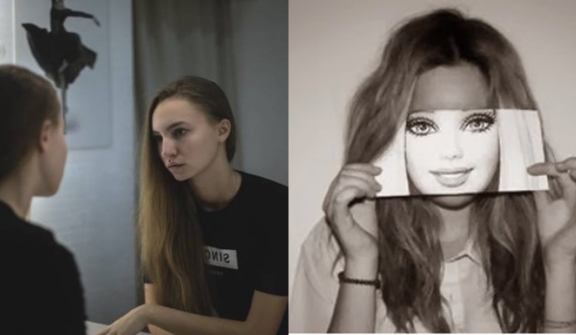
Despite the ability to see our reflection in mirrors and photographs, there exists an unexplained thing that leads to a sense of doubt about being conscious of our physical appearance and how others perceive us.
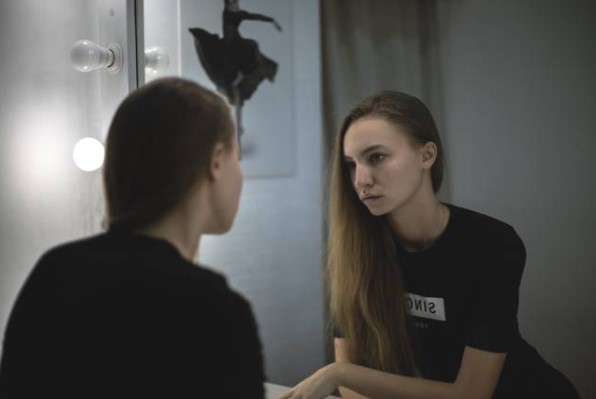
This issue has attracted the interest of many psychologists, philosophers, and individuals, proposing a large number of assumptions related to perception, physical features, and social influences. The following parts will unravel the question “Why people don’t actually know what they look like?”.
To begin with, people’s perception of their appearance is completely different from reality. For example, when we observe ourselves in a mirror, we usually feel prettier.
To explain this, we can say that people tend to look at engaging facial features and ignore imperfect ones. Additionally, mirrors provide reversed images without any changes, making us believe in what we are seeing.
On the other hand, cameras are typically designed to replicate human visual perception. Therefore, main cameras can capture images that closely resemble our true appearance, accurately capturing asymmetry and imperfections that humans may not notice when looking in the mirror.
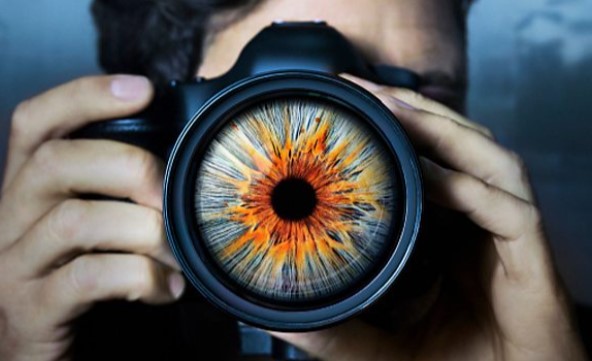
In addition, the alteration of physical features is also a challenge for individuals in recognizing their appearance. Factors such as aging, weight fluctuations, or external influences contribute to these transformations; however, they may gradually happen until they emerge clearly.
Consequently, people may keep in mind their outdated mental representations of themselves, further contributing to the confusion between self-perception and physical reality.
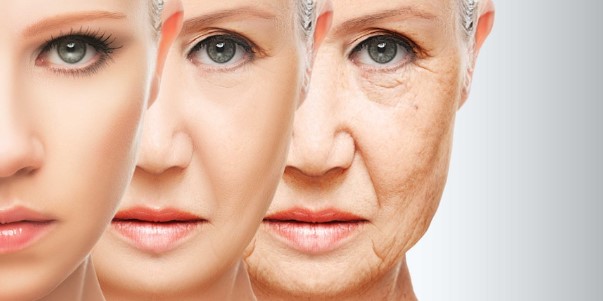
Another point worth noting is social standards. Social influence plays a significant role in shaping self-perception.
Social standards of beauty, media impact, and comparisons lead to serious mistakes about how people see themselves nowadays.
For instance, the majority of people seem to suppose that a person who has white skin, a slim body, or doe eyes would be more beautiful than others.
There is no denying that the enormous pressure on beauty prejudice in society has been creating an idealized model in human brains and forcing them to accept an unreal version, leading to a discrepancy between their actual appearance and their perceived self-image.
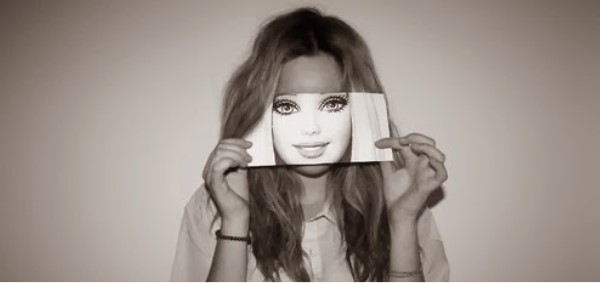
Nevertheless, it is not true that all people are mistaken about their appearance. There are a few individuals who may have a clear understanding of their true image without any resistance, such as fear or ignoring their imperfections. This depends on awareness, the personal perception of beauty, and the ideal body shape.
There are some ways to narrow self-perception and reality through self-compassion and self-acceptance. People can raise a mindset of kindness and understanding toward themselves, developing a healthier and more realistic self-image.
It is important to accept and embrace both strengths and weaknesses, recognizing that nobody is perfect. After all, individuals can decrease self-judgment and see themselves accurately and uniquely.
Taking everything into consideration, it is extremely hard to truly know what people look like. The complications of perception, the ever-changing physical features, and social prejudice all contribute to this enigma.
Although we may never fully clarify the mysteries behind our reflections and in the eyes of others, the exploration helps us to present intriguing questions about human true appearance.




